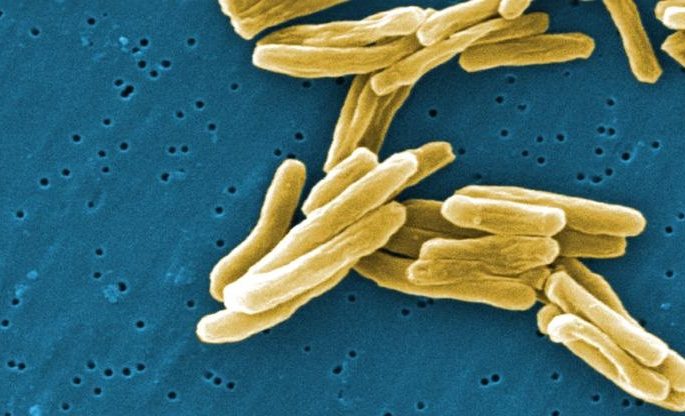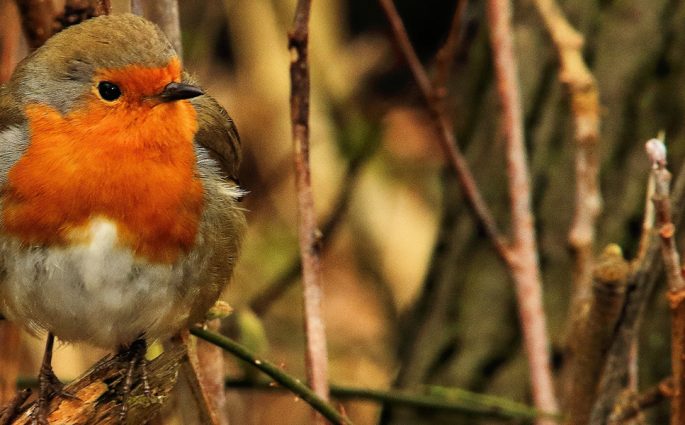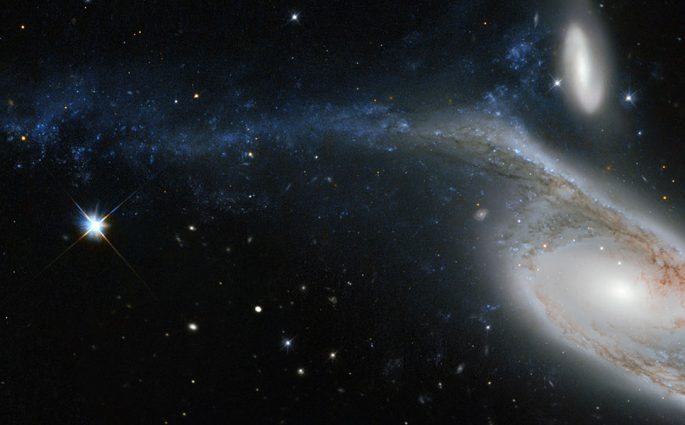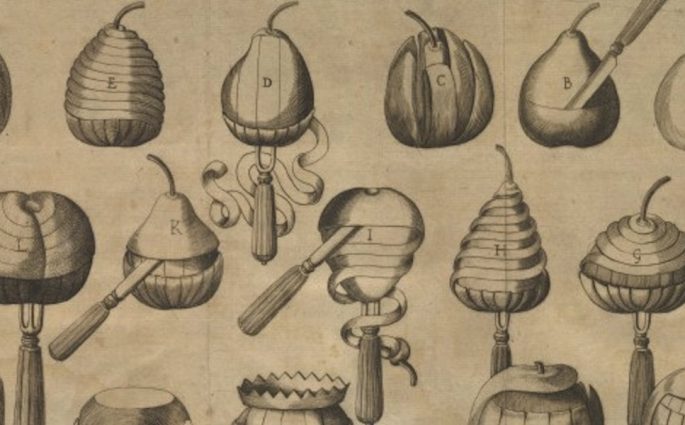Fool Me Once: Should We Give Our Kids OxyContin, Too?
Rachael Coakley— The recent FDA decision to approve the use of OxyContin for children ages 11–17 has raised heated controversy from politicians, parents, and pediatric providers alike. OxyContin, a highly concentrated, slow-release opioid can offer twelve hours of continuous pain coverage. When OxyContin was first approved for adult chronic pain










